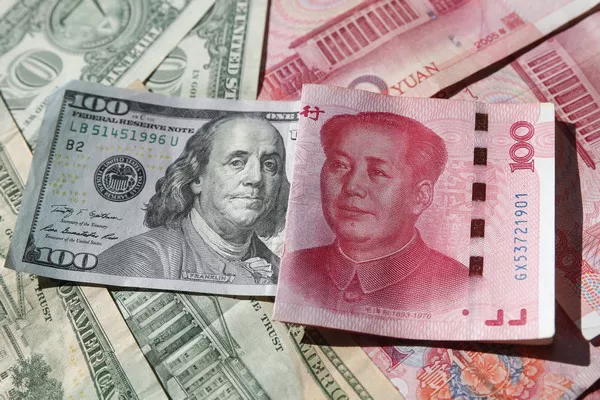Nestled on the southeastern coast of China, Hong Kong is a captivating metropolis that seamlessly blends tradition with modernity. Renowned for its breathtaking skyline, vibrant culture, and thriving economy, Hong Kong stands as a testament to the fusion of Eastern and Western influences. In this article, we delve into the multifaceted identity of Hong Kong, exploring its history, culture, governance, and global significance.
Historical Tapestry:
The roots of Hong Kong’s unique identity can be traced back to its historical narrative. Originally inhabited by indigenous peoples, the region’s significance grew exponentially during the imperial era. In the 19th century, the British Empire seized control of Hong Kong after the First Opium War, leading to a century-long British colonial rule. The blend of Chinese heritage and British governance laid the foundation for the distinctive character Hong Kong boasts today.
The Return to China:
In 1997, Hong Kong underwent a historic transition as it was handed back to China from British rule. The “one country, two systems” principle was established, granting Hong Kong a high degree of autonomy, preserving its legal system, currency, and way of life. This unique arrangement was meant to endure for 50 years, allowing Hong Kong to maintain its distinct identity within the broader framework of the People’s Republic of China.
Political Landscape:
Over the years, Hong Kong’s political landscape has evolved, marked by a delicate balance between autonomy and integration with the mainland. The city has its own mini-constitution, the Basic Law, which enshrines the principles of “one country, two systems.” However, recent years have witnessed a surge in political tensions, fueled by protests and demands for greater democratic representation. The delicate dance between maintaining autonomy and adhering to mainland authority has shaped Hong Kong’s political identity in the 21st century.
Cultural Mosaic:
Hong Kong’s cultural fabric is a captivating mosaic of influences from both the East and the West. Traditional Chinese customs seamlessly coexist with a cosmopolitan lifestyle. The city is home to a plethora of festivals, from the grandeur of Chinese New Year celebrations to the colorful Mid-Autumn Festival. At the same time, Hong Kong boasts a dynamic arts scene, with international film festivals, contemporary art galleries, and avant-garde performances contributing to its cultural diversity.
Economic Powerhouse:
Beyond its cultural richness, Hong Kong has emerged as a global economic powerhouse. The city’s strategic location, world-class infrastructure, and business-friendly environment have propelled it into a hub for international trade and finance. The Hong Kong Stock Exchange is among the largest in the world, attracting investors and businesses from every corner of the globe. The city’s economic success has been a driving force in shaping its modern identity, fostering innovation, and embracing globalization.
Global Connectivity:
Hong Kong’s identity is also defined by its global connectivity. The city serves as a bridge between East and West, acting as a crucial financial and trade gateway. Its international airport is one of the busiest in the world, connecting people and goods seamlessly across continents. Hong Kong’s global significance extends beyond economics; it plays a vital role in fostering cultural exchanges, making it a melting pot of ideas, perspectives, and influences.
See Also What Is The Value Of 1 Yuan?
Challenges and Opportunities:
While Hong Kong has achieved remarkable success, it faces its fair share of challenges. The recent political unrest and debates over the implementation of the national security law have led to concerns about the erosion of the city’s autonomy. Striking a balance between preserving its unique identity and aligning with mainland policies remains a delicate task.
Moreover, as the global landscape evolves, Hong Kong must navigate emerging opportunities. The city has positioned itself as a leader in innovation and technology, harnessing its strengths to embrace the Fourth Industrial Revolution. The Greater Bay Area initiative, which aims to integrate Hong Kong with neighboring cities to create a world-class economic powerhouse, represents an exciting chapter in the city’s ongoing narrative.
Conclusion:
In conclusion, Hong Kong is a fascinating tapestry woven with threads of history, culture, politics, and economics. Its unique identity is an intricate blend of tradition and modernity, shaped by a complex interplay of influences from its colonial past and its position as a global financial and cultural hub. As Hong Kong continues to navigate its path in the 21st century, it stands as a testament to the resilience of a city that has embraced change while preserving its distinct character. The world watches as Hong Kong evolves, ever dynamic and poised at the crossroads of East and West.


